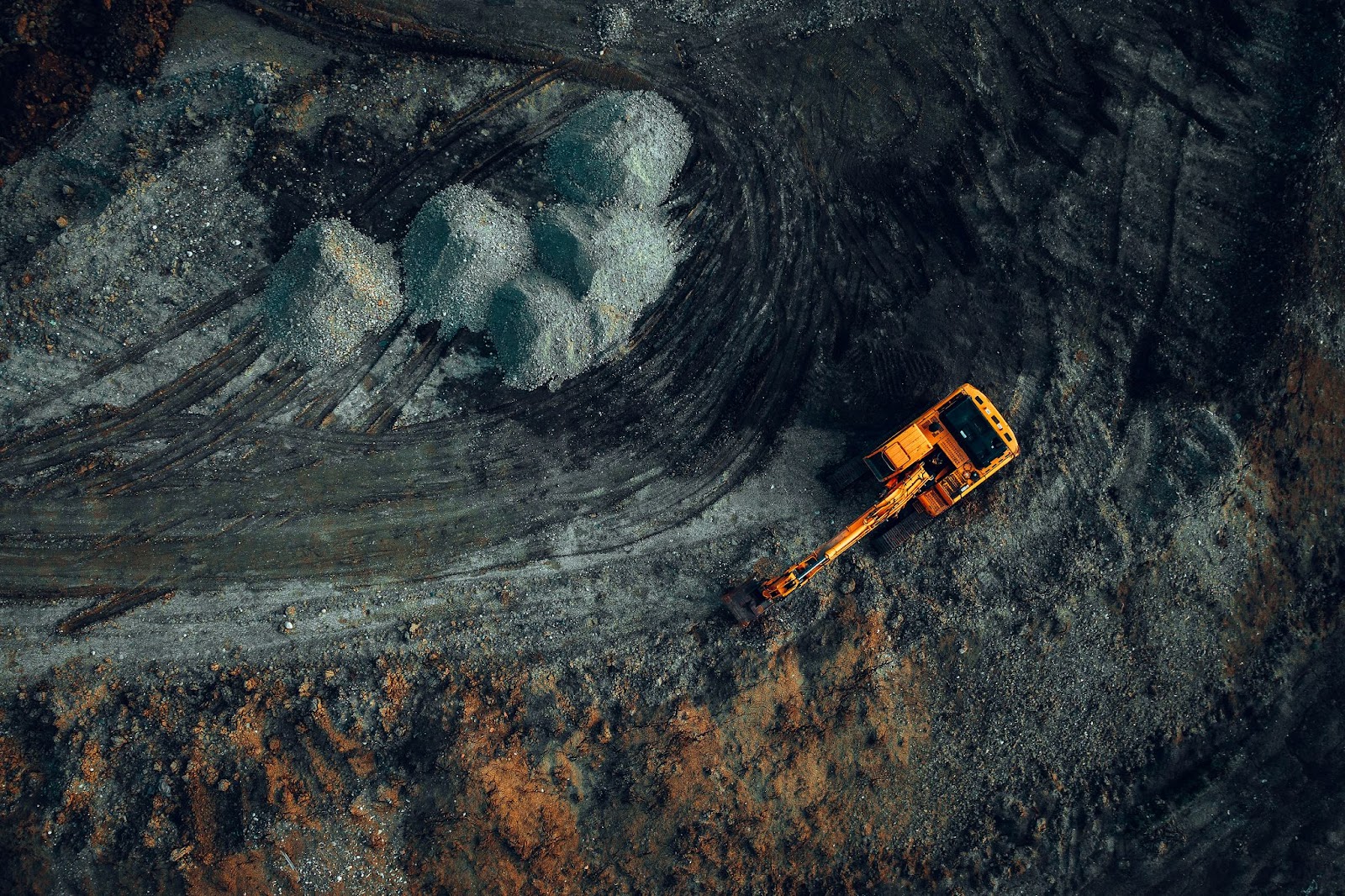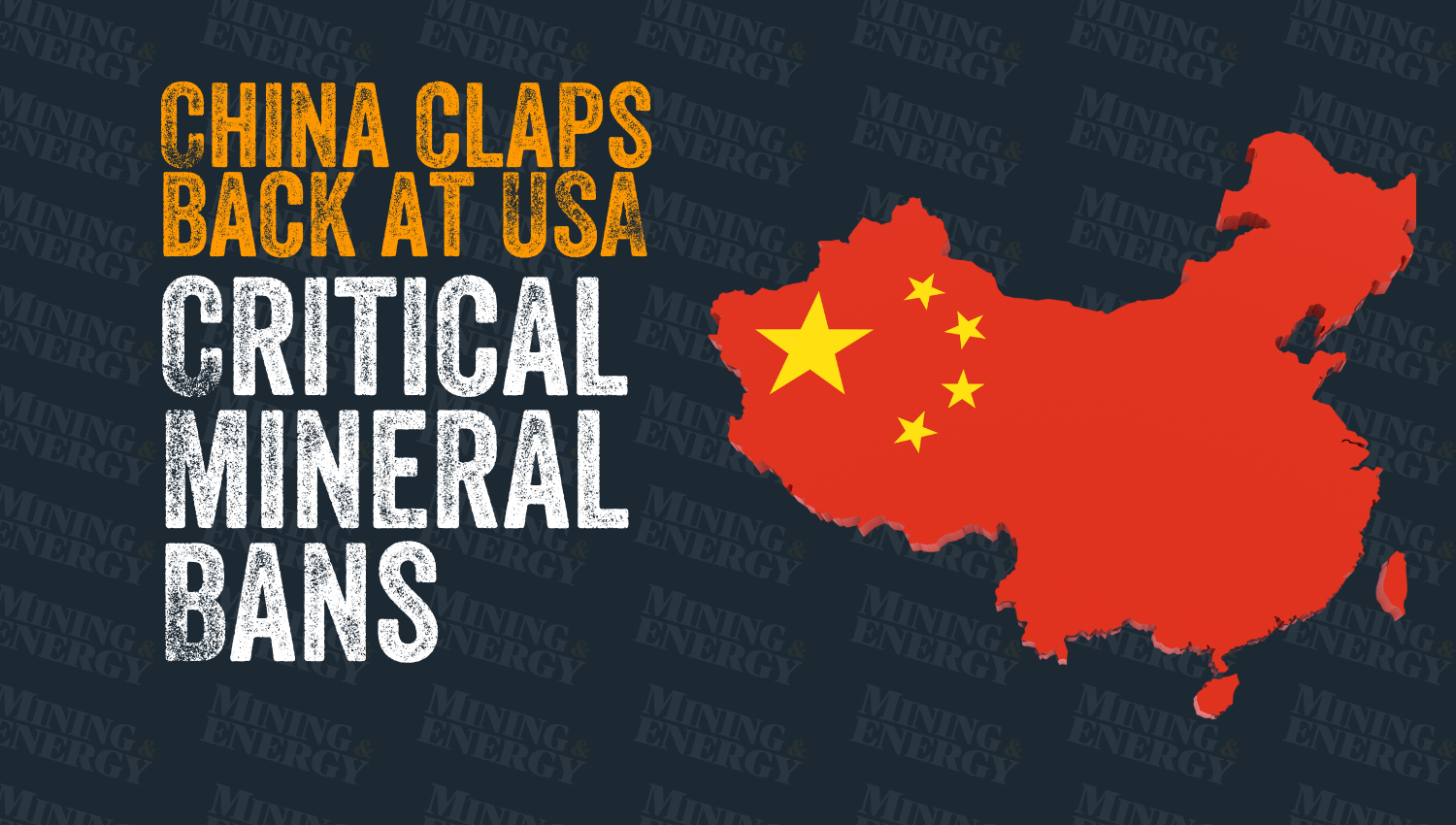MCF Energy’s CEO James Hill on Fueling Europe’s Next Energy Renaissance
Europe’s energy landscape is undergoing a seismic shift, and few companies are as uniquely positioned at the heart of this change as MCF Energy. Led by CEO James Hill—who stepped out of retirement to tackle the continent’s growing energy challenges—MCF harnesses Canada’s expertise to revitalize domestic energy production in markets historically dependent on Russian gas. In this exclusive interview, Hill offers an insider’s look at how a Canadian company with European roots is bridging international cooperation, risk management, and forward-looking innovation to spark a new era of energy independence for nations once caught in precarious reliance on foreign supply.
M&E: Given MCF Energy's unique positioning as a Canadian company working within European energy markets, what do you see as the primary advantages and challenges this dual geographic identity brings to the table?
James Hill: Since Russia’s invasion in February of 2022, Canada has committed more than $19 billion in multifaceted assistance to Ukraine. This includes financially, military, via development, and humanitarian and peace and stabilization assistance.
As a Canadian company with many members of our management team familiar with the European energy landscape, we were able to recognize that another form of assistance was also needed — energy assistance. We understood the destabilization of energy security was about to take place as a natural byproduct of Russia’s invasion even before the war started. Thus we felt it necessary and almost our duty to step in to help resurrect Europe’s domestic energy landscape.
Having spent over a decade of my 40 year energy career in Europe leading energy projects, Europe to me already felt like a second home and on a personal level, I couldn’t just sit back. I actually stepped out of retirement to join MCF Energy as its CEO in 2022.
In the pre-war era, Europe had been highly dependent on Russian gas — for decades. This in itself is what led to the demise and downfall of domestic energy activity and gave Russia the ability to weaponize natural gas in a way the world has never experienced before. This reliance was also the sole cause of all the ignored and underfunded exploration activity in Europe. So while the US and Canada had been advancing on both exploration and development technologies, Europe had stagnated. Thus, when the unfortunate energy crisis began, this became a significant advantage to both Canadian and US companies and also an opportunity for European explorers and producers to leverage and build off the expertise of North American partners.
Through pre-existing relationships and our companies expertise we have forged many partnerships albeit with other European companies, local workers etc. We understand what’s important to the European countries in which we work and over the last few years, legislation has become more favorable in some ways because Europe has come to recognize the consequences of surrendering its energy independence to Russia.
The challenges we face are standard across the industry and not unique to our company. However, we have been successful in overcoming said challenges through working and cooperating with the various local authorities.
M&E: For Canadian investors concerned about the uncertainties in Europe, what measures has MCF Energy put in place to manage risks effectively and ensure sustained growth and stability?
James Hill: Easily one of the most strategic moves we made was one of our first acquisitions — to acquire a well- established German company, Genexco. Genexco is a private German oil and gas company, with local expertise and currently active concessions.
This move immediately positioned MCF Energy as a future leader in natural gas exploration in Germany, Europe’s largest country, because it gave us 100% ownership and operatorship of Genexco’s projects, and an expert in-country team. This acquisition gave us credibility and local knowledge about the best available projects. The portfolio of projects in which we have access to is extensive. We are closely evaluating each and every project and aligning our activities with the needs of Europe and also what makes sense from an ROI perspective for our shareholders.
In July of this year, the German government introduced an entirely new Growth Initiative, which has taken into account “New Europe” and which was recreated to underscore order, stability and renewed prosperity. For the first time in recent history, it includes exemptions for natural gas projects “if they are necessary for national security or geostrategic supply security interests. The government also plans to take into account the potential offered by the domestic production of natural gas.”
We are continuously evaluating projects across Europe and so far have several in Germany, Austria and the Czech Republic. Something to note is that Austria and Czech Republic are landlocked regions and while the Czech Republic back in 2023 had declared independence from Russia it is now once again importing gas from Russia through Slovakia. Austria is in a worse predicament having been unable to wean itself off from Russia. Given the transit agreement through Ukraine will end this month, regions such as these will be cut off from Russian supply, meaning our projects in these regions will not only be able to potentially support these countries in the near future but if they are successful, they will be a resounding win for our investors because of the supply-demand potential.
It is also worth noting that more emissions are created when gas is shipped across borders and more expensive when supply is tight. We are trying to open up European-sourced supply to decrease the cost to the European markets and the European people.
All of these factors combined have been considered and put in place to shield investor risk. All exploration projects have potential risk but they also have exponential reward potential. In fact more reward is often seen at the stage where MCF is currently at in comparison to some of the larger natural gas and oil majors.
M&E: Given your experience, what do you believe Canada and European nations could learn from each other regarding energy policy, particularly in balancing resource extraction with sustainability goals?
James Hill: Federal and local government agencies need to work together with businesses to advance energy discovery and distribution. This will reduce time to completion and production, stabilizing prices for industry and for households.
M&E: As MCF Energy continues to expand its presence in Europe, where do you anticipate sourcing the local expertise and on-the-ground talent needed to drive success? And given the competition for skilled professionals in the energy sector, who do you see as your primary competitors for attracting that talent, and how does MCF set itself apart?
James Hill: With the acquisition of Genexco we established an immediate presence and German speaking staff that had worked with the Mining Authorities for years. Europe has a pool of energy professionals which are available and can work as consultants easing the cash burn in a company. MCF has so far been able to meet its staffing needs with little problem.
To the best of our ability we will hire personnel within each locale to help spur economic activity, increase the number of regional jobs and utilize local resources. Every action we take is deeply seeded in the reason we exist in the first place, which is to help Europe regain energy independence. We take our mission seriously and have every intention to keep it fostered within each and every move we take.
List of Key Takeaways
- Dual Geographic Advantage – MCF Energy leverages Canadian expertise and European familiarity to navigate the complex energy policy and regulatory environment across multiple jurisdictions.
- Strategic Acquisitions – The purchase of Germany-based Genexco gave MCF instant credibility, an in-country team, and valuable concessions, positioning the company as a frontrunner in Europe’s largest energy market.
- Risk Management for Investors – MCF Energy employs a portfolio approach, investing in projects across Germany, Austria, and the Czech Republic. This diversification, coupled with shifting EU legislation favoring domestic production, helps mitigate uncertainties.
- Collaboration with Local Authorities – Close cooperation with federal and local governments, along with communities, has been essential in advancing projects that balance energy discovery with environmental and social responsibility.
- Opportunity Amid Crisis – With the war in Ukraine expediting Europe’s shift away from Russian gas, MCF Energy sees a vital role in aiding energy security while offering substantial upside for investors at the early-exploration stage.
Forward-Thinking Questions
- Policy Evolution: How will upcoming European legislation continue to evolve in support of domestic energy production, and what new incentives might arise for North American companies to invest?
- Technological Innovation: What cutting-edge exploration or production technologies could further streamline Europe’s path toward energy independence and sustainability?
- Cross-Border Collaboration: In what ways can more intergovernmental partnerships be forged to expedite the approvals, permits, and infrastructure necessary for new projects?
- Talent Competition: With a tightening global market for skilled energy professionals, how can companies like MCF continue to attract top-tier talent while maintaining cost efficiencies?





